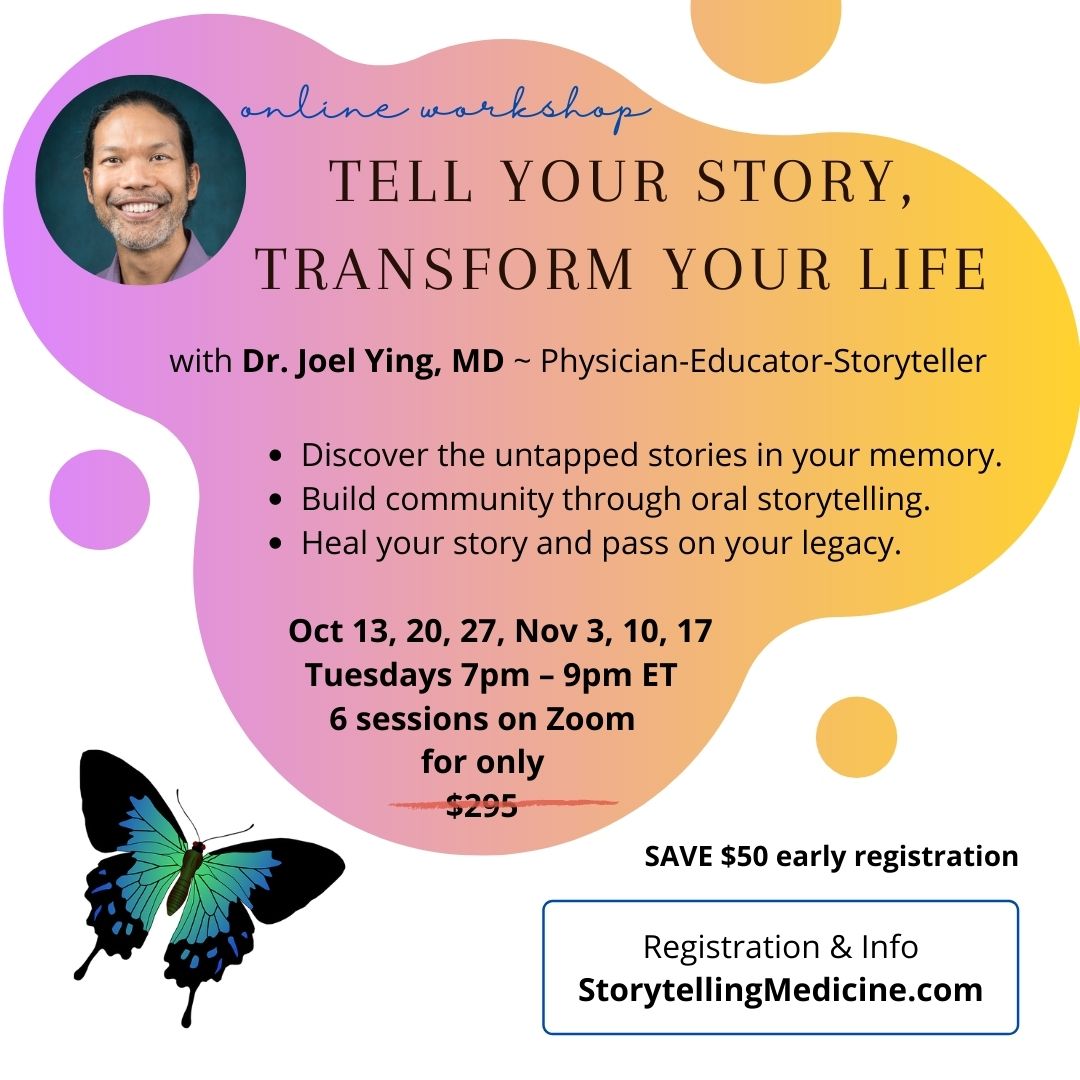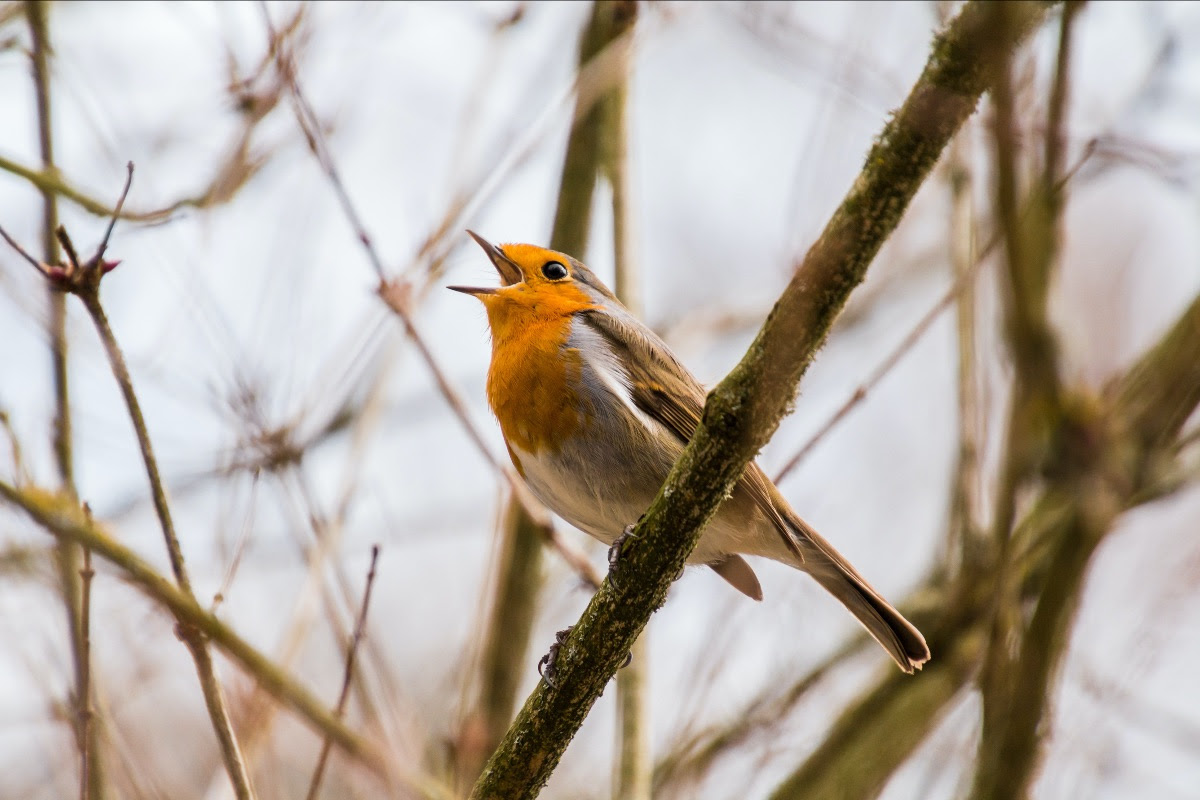“Now that would make a good story!”
When I first started telling stories, the biggest problem was finding the ideas to turn into a good story. Everyone else had these interesting lives and interesting things to talk about. In comparison, my life was just so boring.
I sought out mentors and started to listen to the stories of others. I began to understand the crafting of plot.
Secret Ingredient

Life can be told as a series of events. When you ask a child how their day went, they will say … this happened, and then this happened, and then this happened … I went to school in the morning. Then, I went to recess. Then, I took the spelling test. Then, I came home. Clearly, the day was full of events. However, just listing a series of events from your day does not make a story. Beyond time, something more unites the events in a story.
The secret ingredient for me was the realization that “story” happens in those moments where something else could have happened. From the present moment looking back, the past is set in stone. But inside the moment, there were other possibilities. That’s where the story can get interesting. I can create the tension of what it was in that moment to not be sure of the outcome. These are pivotal moments where internal and external change happen.
In your standard writing class, you might call this the conflict or the problem that the main character faces. When I write personal stories, it is more useful to ask myself, “What else could have happened?” That is where a story gets interesting.
Now that I can recognize these moments. I often “see” story everywhere. And I say to myself, “That would make a good story.” Or more often, “I know there’s a story in here somewhere.”
In my storytelling workshops, I start with that basic question: “Where do story ideas come from?” We explore the many techniques with story triggers to unearth stories from distant memory.
Secret Ingredient #2
Then, we tell the story ideas to someone! You have to allow the story to be bad before it can be good. For me, the next secret was that stories need work. They do not come out fully formed. They come out as incomplete story anecdotes. Like a seed, they sprout, grow, and eventually flower. However, like a seed, they also need care: fertile soil, water, and sunshine. We care for our stories and allow them to grow.
Tell Your Story, Transform Your Life
Join the 6-week interactive workshop, live on Zoom. Learn the art and craft of telling personal stories with Storyteller, Dr. Joel Ying. Register today and get the $50 early registration discount. Visit StorytellingMedicine.com

